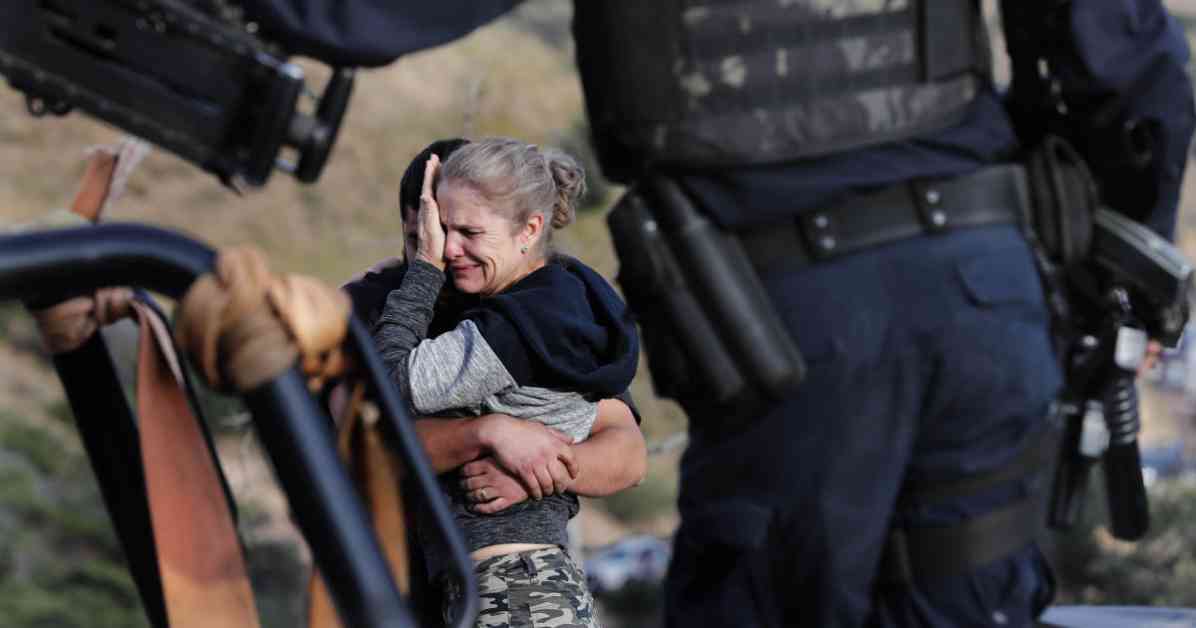The United States has taken a strong stance against the Mexican drug cartel responsible for the 2019 ambush that resulted in the deaths of nine Americans in Mexico. Economic sanctions were imposed on key members of La Linea, a violent drug trafficking organization that operates in Chihuahua, Mexico, and smuggles fentanyl and other synthetic drugs into the U.S.
Fentanyl, a powerful opioid, has been identified as the deadliest drug in the U.S. with drug overdose deaths on the rise. To combat the influx of fentanyl into the country, the U.S. government has targeted Mexico and China as the primary sources of the drug. The Drug Enforcement Administration has highlighted the role of these countries in trafficking fentanyl and its precursor chemicals.
In an effort to disrupt the operations of La Linea and the Juarez Cartel, U.S. authorities have pursued legal action. A federal judge in North Dakota ordered La Linea to pay $4.6 billion in damages to the families of the Americans killed in the 2019 ambush. This marks a significant step in holding cartel members accountable for their criminal activities.
Treasury Secretary Wally Adeyemo emphasized the government’s commitment to combatting the proliferation of deadly fentanyl. The Biden administration has implemented various measures, including the formation of a Counter-Fentanyl Strike Force and the passage of the FEND off Fentanyl Act. These initiatives aim to enhance collaboration and intelligence-sharing to prevent the flow of drugs into the country.
The issue of fentanyl trafficking has become a political talking point, particularly in the context of border security and migration. Republican presidential nominee Donald Trump has linked the smuggling of fentanyl to migration issues, despite data showing that many traffickers are U.S. citizens. The government’s efforts to sanction individuals and entities involved in drug trafficking have intensified in recent years, with over 350 targets identified and penalized.
Most recently, sanctions were imposed on a high-ranking member of the Jalisco New Generation cartel, known as “The Tank,” for his involvement in fuel theft operations. Additionally, Mexican accountants and firms associated with fraudulent activities conducted by the Jalisco cartel were targeted. The Treasury Department has also taken action against the La Nueva Familia Michoacana cartel for their role in fentanyl trafficking and human smuggling.
The imposition of sanctions on these criminal organizations underscores the U.S. government’s determination to disrupt the operations of drug cartels and prevent the flow of illicit substances into the country. By targeting key individuals and entities involved in drug trafficking, the government aims to dismantle these criminal networks and enhance national security.























